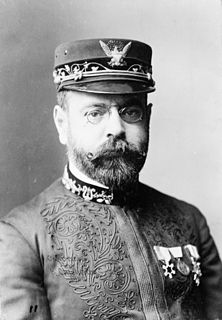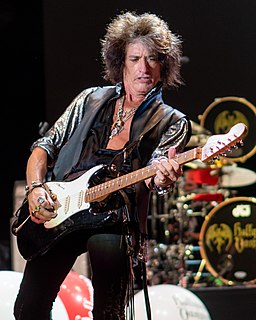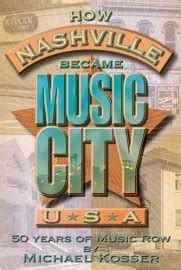A Quote by Sonny Rollins
I think as long as people are around and can hear a record and hear people like Lester Young on a recording, there will always be a great inspiration for somebody to try to create jazz.
Related Quotes
In those days before hearing Charlie Parker and Dizzy, and before learning of the so-called bebop era--by the way, I have some thoughts about that word, "bebop"--my first jazz hero ever, jazz improvisor hero, was Lester Young. I was a big "Lester Young-oholic," and all of my buddies were Lester Young-oholics. We'd get together and dissect, analyze, discuss, and listen to Lester Young's solos for hours and hours and hours. He was our god.
To make a live record - something that has a lot of life in it - is difficult. After slaving away for years in the studio, when I hear a No Age record or when I hear Yeah Yeah Yeahs' first EP or when I hear DRI or really early punk stuff, it's just so powerful, so raw - and I know how hard that is to create. It's very deceptive. It's like a Dardenne brothers film - it seems like just a handheld camera following some people around in a trailer park, but it's incredibly difficult to do that.
When I listen to Airplanes record, it takes me back. I remember a lot of my thought processes when I was 20 or 21, writing those songs and recording that record. I wonder what I was thinking when I was trying to say a particular thing. I hear some of the weird little nuances in the recording; I can hear what the room sounded like. I remember what it smelled like. I can remember sitting up in guitarist Chris Walla's bedroom and for the first time in my life having this realization like, "Maybe I can do this. Maybe I can make music that in some capacity people will enjoy and come see me play."
I like to keep people around me like the guys I have on the road with me, three of them were childhood friends of mine when I was growing up in Scotland. They don't look at me any different than when we were in primary school. So it's good to keep people like that around you. I think if you surround yourself with good honest people, they will tell you what to hear when you need to hear it.
When I hear a great new record, especially when it's by someone that I respect and admire, then a part of me is like, Why didn't I think of that? Why didn't I write that record? It makes you sick, but in a way it can be a great thing. It makes you want to go back to the lab and start writing again. Maybe it will inspire you to try a little harder.
I'd much prefer to hear somebody like Ed Thigpen [drummer with New York session group Stuff, and featured on innumerable hits] take a solo. I mean, that's what it is. I'd much rather hear that than the jazz/rock thing because it's blowing an aspect of jazz that I really like...the level where you can snap your fingers to it and you can groove to it. You can do anything to it.
Here's some free advice; like the folkies of yore, you need to be not just a writer of songs, you need to be a lover of songs, a listener of songs and a collector of songs. If you hear a song in a club that knocks you out or you hear an old recording of a great song you never knew existed, it does not diminish you to record it; it actually exalts you because you have brought a great song from obscurity to the ear of the public.
The script is like music to me. I approach it like it's a musical piece and I hear how it's supposed to sound when people say the words. There's rhythms and there's intonations and things, and so, when somebody comes in and hits the notes that I hear, I go okay. Or, they come close enough, and then I'll say "Well how about you try it like this?" and if they have a good ear and they can pick it up, then I think okay, they've got it.
Most people don't take some things into consideration. When they hear an album, they hear the artist or they hear the lyric or they hear the melody. But they don't really think about the environment in which it was recorded, which is so important. It's that thing that determines what the album sounds like.



































